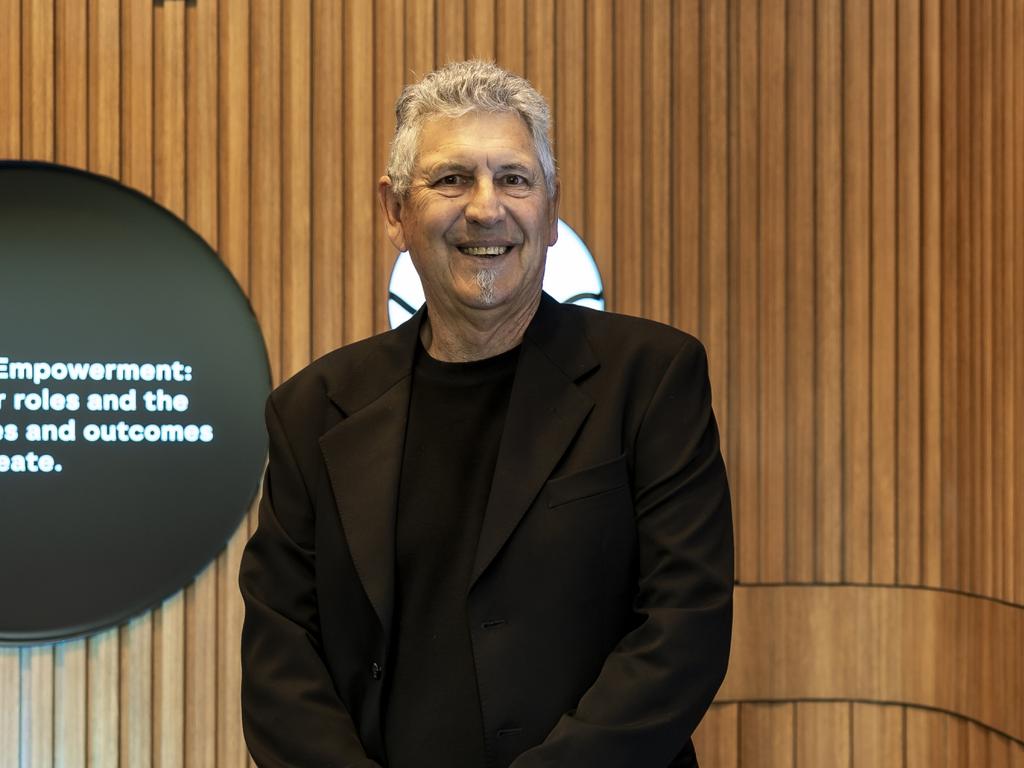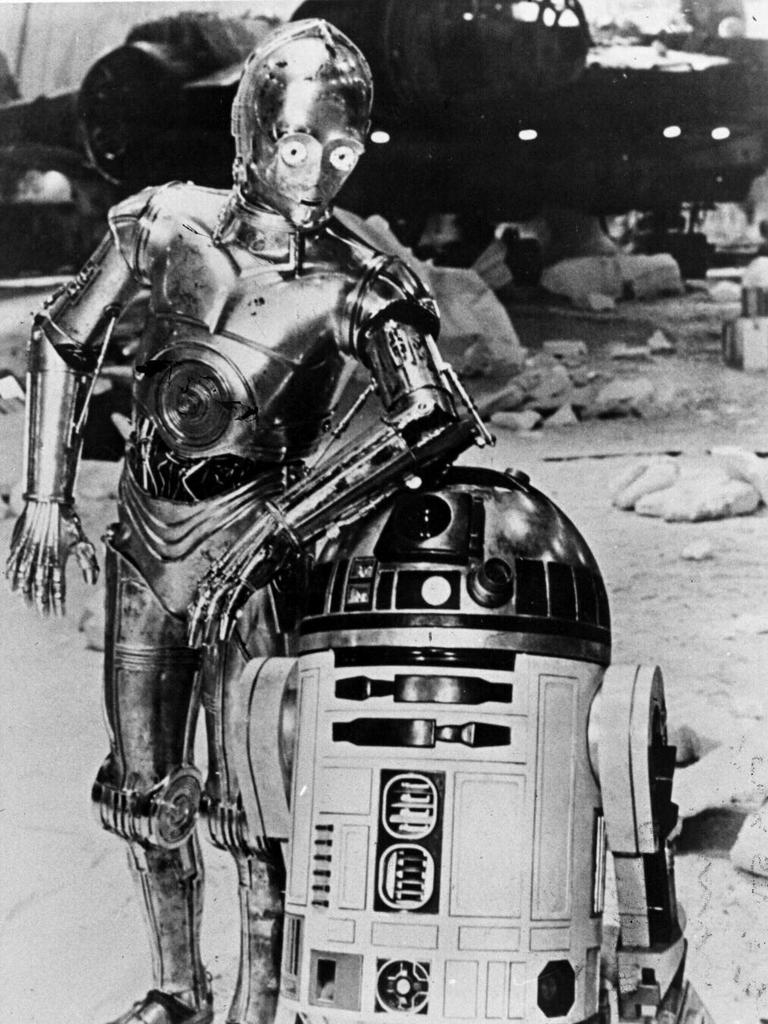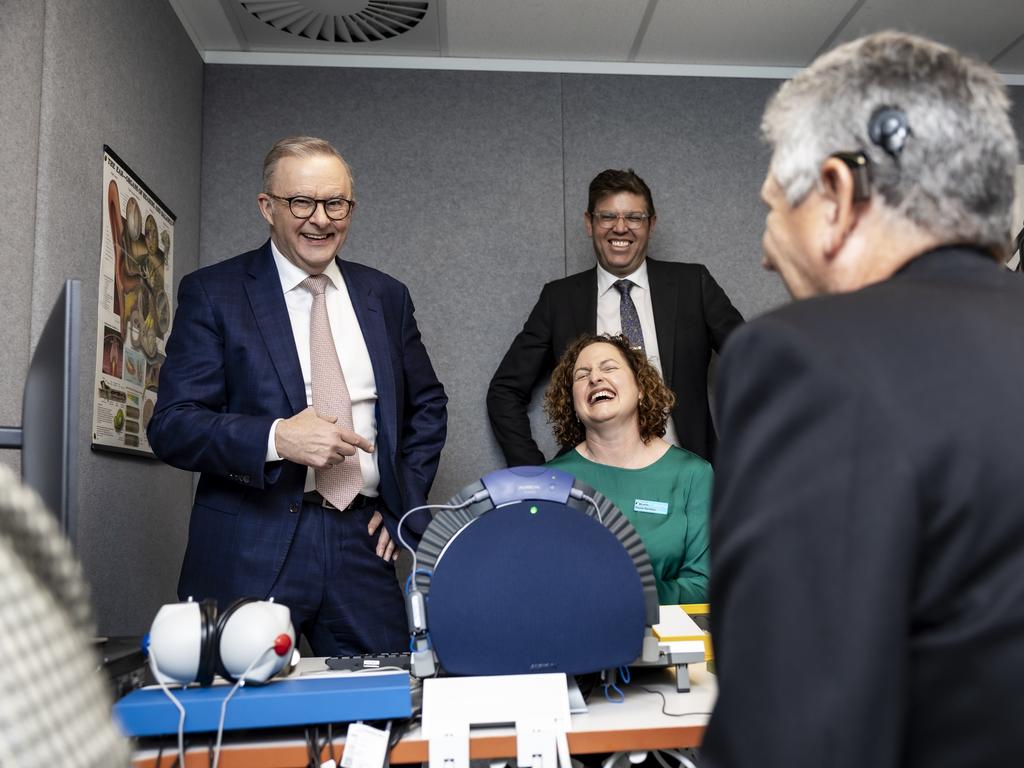How a man went from profoundly deaf to stereo sonic hearing thanks for medical technology
An Aussie man has opened up on his ‘R2D2’ moment and why everything soon changed for the better.
The heart-wrenching feeling of realising you can no longer make sense of sounds was indescribable for a Darling Downs man.
As a lifelong enthusiast of loud cars and live music, Rodney Alford’s passion for life dwindled as he feared he might never audibly enjoy those things again after a medical condition robbed him of his hearing.
The 67-year-old had been experiencing difficulty hearing due to a medical condition and had exhausted the option of hearing aids.
Mr Alford suffers from a condition called Meniere’s disease, an inner ear disorder that causes hearing and balance problems.
“I enjoyed going to the movies, driving my classic cars and overnight that stopped,” Mr Alford said.
“I just became a recluse because you can’t go to restaurants and talk to your family or friends because you can’t hear them.”
The toll of his condition eventually meant he had to enter an early retirement and due to unrelated medical issues, he became immobile and relied heavily on his wife Wendy for transport.
After many long discussions with his surgeon, Mr Alford was referred to not-for-profit hearing and vision impairment service NextSense to test his suitability for their cochlear implant program.

The cochlear implant works differently to a regular hearing aid, providing direct access to the inner ear also known as cochlea, bypassing the damaged parts and enhances a high quality sound.
“(My initial) cochlear surgery went very well I woke up after the implant surgery and quite honestly, I could have actually driven home I felt that good,” Mr Alford said.
“There is a lot of work in getting a cochlear because you have to train the electronic equipment to actually understand, initially I heard things a little bit like R2D2.

“Over the following months, your brain learns to interpret those electronic signals and slowly it becomes words and then sentences.”
Within 12 months Mr Alford was able to reach complete word and sentence recognition in his right ear, completing his first cochlear surgery four years ago.
Recently he underwent a second surgery to have a cochlear implant in his left ear, which he’s slowly working to getting to 100 per cent.
On August 6, Mr Alford was invited to attend the launch of NextSense’s newly constructed education facility for people with hearing and vision loss at Sydney’s Macquarie University.

In 2022 Mr Alford and his wife Wendy travelled to the UK to watch The Cure perform at Wembley Stadium, his first real experience of listening to live music for a number of years.
“It was a goosebump scenario, I have to tell you,” he said.
“Without the cochlear, I would never have had the ability to hear them ever again.”

The sound control of the cochlear can be accessed through a mobile app, which meant Mr Alford could enjoy the atmosphere of the live show and at a reasonable noise level.
“I can turn either my right or my left cochlear up and down to suit the balance and to suit the environment I’m working in, so they’re really very flexible in their use,” he said.
Continuing in his triumph saw Mr Alford not only experience paddle boarding in Norway, he did so during the peak of winter.
It’s been a long, emotional journey for Mr Alford and his family, eternally grateful for their support and particularly from his loving wife.
“My wife is a very tolerant, forbearing person and without her, quite honestly, I wouldn’t have been as successful as I am with my implant and its recognition,” he said.
Mr Alford said he was incredibly thankful to his Toowoomba-based surgeon and the NextSense team for their support in helping him get his life back.








